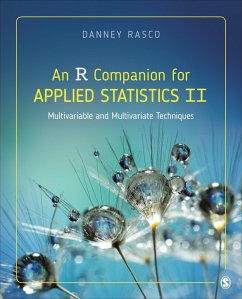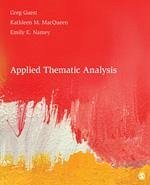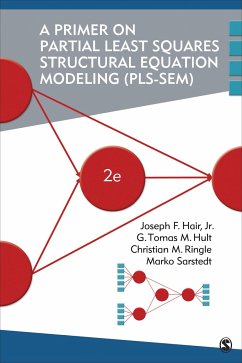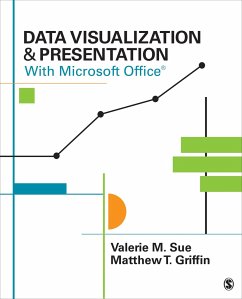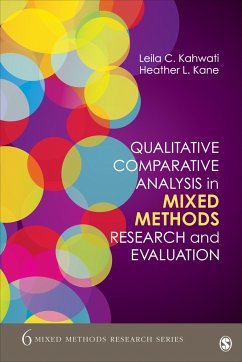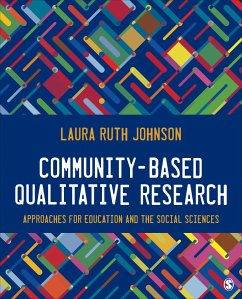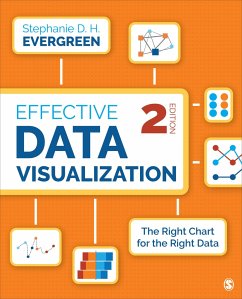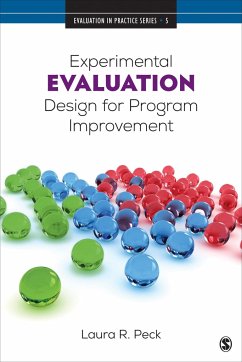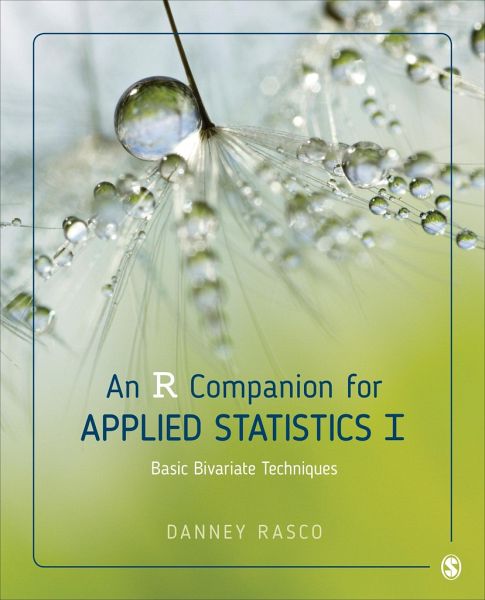
An R Companion for Applied Statistics I
Basic Bivariate Techniques
Versandkostenfrei!
Versandfertig in 2-4 Wochen
81,99 €
inkl. MwSt.

PAYBACK Punkte
41 °P sammeln!
An R Companion for Applied Statistics I: Basic Bivariate Techniques breaks the language of the R software down into manageable chunks in order to help students learn how to use it. R is a powerful, flexible, and free tool. However, the flexibility-which eventually becomes a great asset-can make the initial learning curve appear steep. This book introduces a few key aspects of the R tool. As readers become comfortable with these aspects, they develop a foundation from which to more thoroughly explore R and the packages available for it. This introduction does not explain every possible way to a...
An R Companion for Applied Statistics I: Basic Bivariate Techniques breaks the language of the R software down into manageable chunks in order to help students learn how to use it. R is a powerful, flexible, and free tool. However, the flexibility-which eventually becomes a great asset-can make the initial learning curve appear steep. This book introduces a few key aspects of the R tool. As readers become comfortable with these aspects, they develop a foundation from which to more thoroughly explore R and the packages available for it. This introduction does not explain every possible way to analyze data or perform a specific type of analysis. Rather, it focuses on the analyses that are traditionally included in an undergraduate statistics course and provides one or two ways to run these analyses in R. Datasets and scripts to run the examples are provided on an accompanying website. The book has been designed to be an R companion to Warner¿s Applied Statistics I, Third Edition, and includes end-of-chapter instructions for replicating the examples from that book in R. However, this text can also be used as a stand-alone R guide, without reference to the Warner text.
Dieser Artikel kann nur an eine deutsche Lieferadresse ausgeliefert werden.



